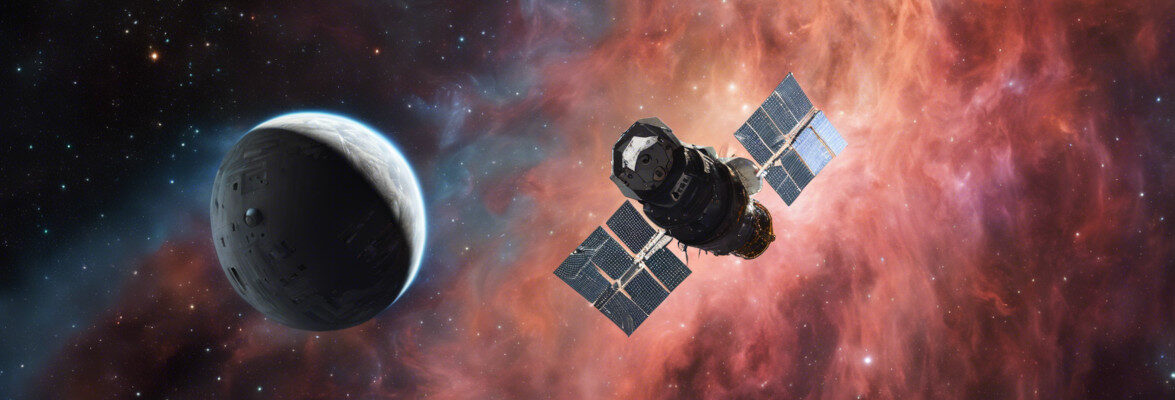
A little while ago the Progress MS-7 spacecraft docked with the International Space Station in the mission also referred to as Progress 68 or 68P. The Russian space freighter, which blasted off last Saturday, is carrying food, water, scientific experiments, propellant and various hardware.
The Progress MS-7 cargo spacecraft regularly docked with the International Space Station’s Russian Zvezda module using the automatic system that allows Russian spacecraft a direct berthing. During the week the crew will proceed with the opening of the hatch and the procedures to make the Progress MS-7 an appendix of the Station. At that point, they can begin the unloading operations.
Unfortunately a problem during the first attempt to launch the Progress MS-7 cargo spacecraft last Thursday prevented the test of the 3.5-hour ultra-fast track. The Roscosmos space agency didn’t provide any details about the problem, it’s a fact that the test is postponed at least to the next Progress mission.
This test is important because a success would allow the ultra-fast track to be used also for the Soyuz manned spacecraft journeys. Reducing the duration of those journeys means keeping people in a situation where the only protection is that of the spacecraft for a shorter time.
The mission of the Progress MS-7 space cargo ship has also begun with a mystery concerning an instrument attached to the spacecraft. The Roscosmos space agency didn’t provide information on its nature so there are only hypotheses. It could be an evolution of the 2014 Otrazhenie-5 experiment, an optical sensor designed to monitor atmospheric phenomena and their reflection properties.
That type of sensor could have military applications for the ability to improve reconnaissance capabilities and alarm systems. These are speculations but are the consequence of the lack of clear information about the instrument, not really what would be expected in a mission within an international collaboration.
The mission of the Progress MS-7 spacecraft is substantially accomplished. In fact it can’t return to Earth so it will be filled with hardware failed or otherwise become unusable and assorted junk and will disintegrate returning into the Earth’s atmosphere. This mission epilogue will probably take place in March 2018 but the exact date depends on various factors.


Permalink